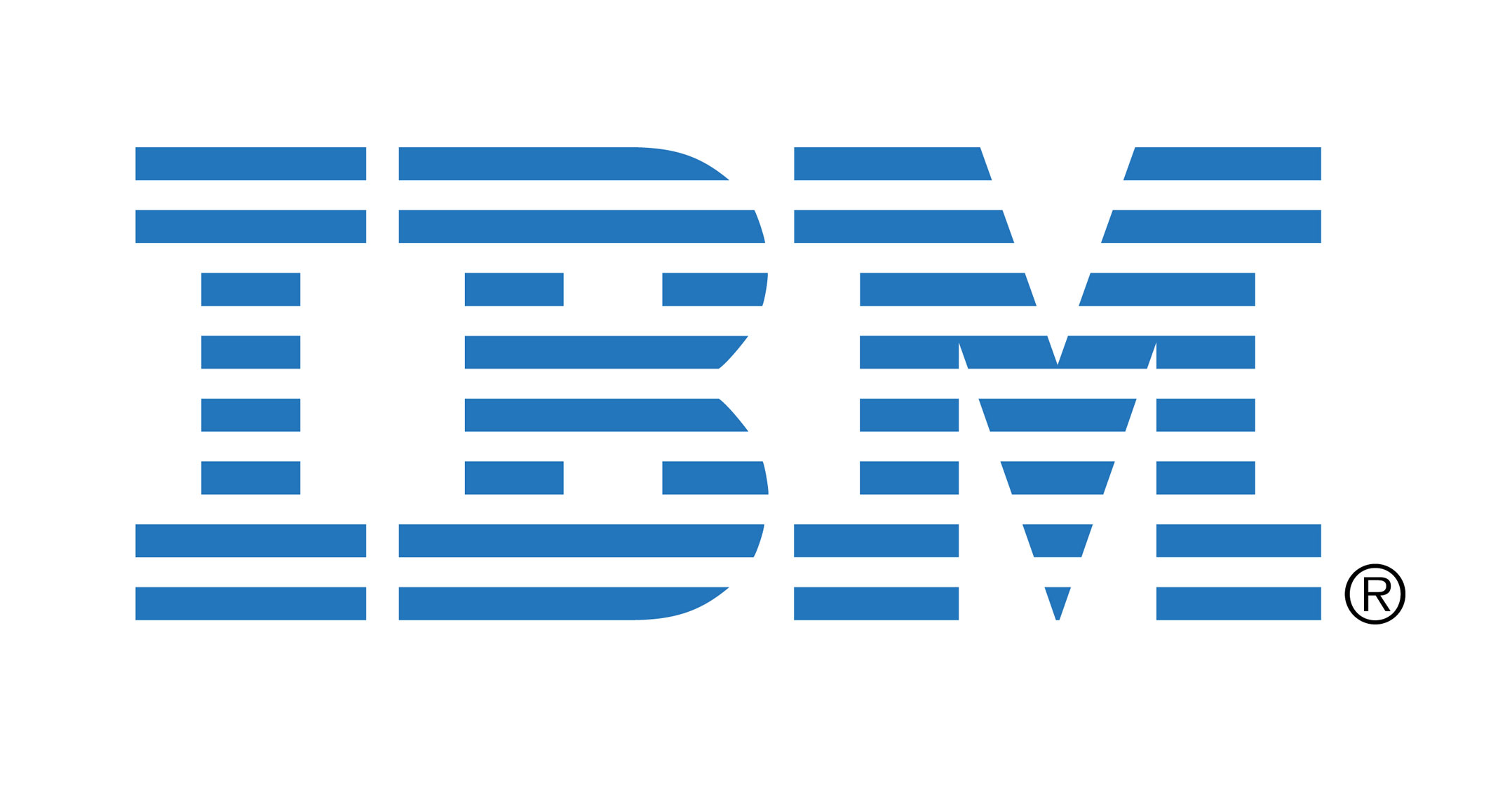 IBM reported third quarter revenue that missed Wall Street estimates, with the long-awaited revenue infusion from Red Hat failing to compensate for continued declines in other parts of its business.
IBM reported third quarter revenue that missed Wall Street estimates, with the long-awaited revenue infusion from Red Hat failing to compensate for continued declines in other parts of its business.
Total revenue was US$18-billion in the three months ended 30 September, down 3.9% from a year earlier, the Armonk, New York-based company said in a statement on Wednesday. Analysts had forecast $18.2-billion. It marked the fifth consecutive quarter of shrinking sales at IBM, while analysts had been looking for signs that Red Hat, which was incorporated for the first time in these results, would change the narrative.
In July, IBM completed the purchase of the open-source software provider for $34-billion — sealing the world’s second largest technology deal. Adjusted revenue from Red Hat was $371-million in the third quarter, better than the $350-million IBM told investors it was expecting in August. Red Hat was folded into IBM’s cloud and cognitive software unit, which pulled in $5.3-billion in revenue, up 6.4% from a year earlier.
Still, IBM’s overall sales declined due to divestitures from commerce software businesses, foreign currency effects and poor performance in one of its key units. Revenue from Global Technology Services, the company’s infrastructure and tech support unit, fell 5.6% to $6.7-billion. Global Business Services revenue, which includes IBM’s consulting arm, increased only 1% to $4.1-billion.
The shares fell 3.2% in extended trading. They had gained 25% this year through to the close of trading on Wednesday.
“The one thing IBM doesn’t need is a disappointing quarter,” Ian Campbell, CEO of Boston-based Nucleus Research, said in an interview before the results were released. “There have been so many quarters that have shown a downward trend in revenue. This quarter we need to see some change as IBM has fallen to the point where they have no name recognition.”
Hybrid cloud strategy
CEO Ginni Rometty is pegging IBM’s future to a hybrid cloud strategy by using Red Hat to offer enhanced security services on private and multiple public clouds. IBM hopes this new plan will allow it to partner with top cloud rivals like Amazon Web Services and Microsoft’s Azure, rather than being left behind in a trillion-dollar market where it’s been seeking growth for a decade.
Analysts and investors might have to wait a little longer to see any real uptick in revenue growth from Red Hat. Chief financial officer Jim Kavanaugh said in an interview that IBM will be back to a sustained level of revenue growth in 2020.
Earnings excluding some costs were $2.68/share, largely in line with the average analyst projection of $2.67. IBM reiterated it sees full-year adjusted operating profit of $12.80/share. — Reported by Olivia Carville, (c) 2019 Bloomberg LP




